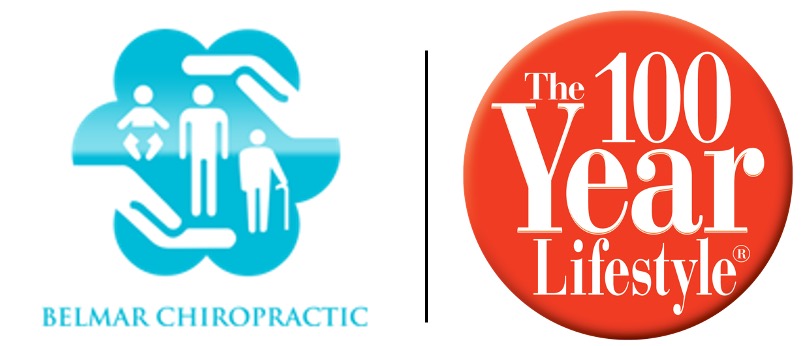https://the100yearlifestyle.com/wp-content/uploads/2023/11/Singapore.mp3
Singapore is the latest country to be named a Blue Zone. The sixth Blue Zone is the latest and only new one to be named in the last 15 years. Dan Buettner, author of The Blue Zones: The Secrets for Living Longer, refers to Singapore as a “Blue Zone 2.0 – the next frontier of aging.” The question is, what makes Singapore so special?
Planned Changed
Since 1960, the life expectancy of Singapore’s residents has grown by 20 years. The number of centenarians, while on the rise everywhere, has doubled in the last decade in Singapore.
It is interesting to note that while the other Blue Zones’ longevity is related to their history, culture, and tradition, that’s not the case with Singapore. Singapore’s longevity is the result of planned change implemented over time. This Blue zone was intentionally created.
Walking the Talk
Specifically, government policies have been put in place to keep people walking, purchasing healthy foods, and keeping people intergenerationally engaged. How? The walkways have clear signage and are shaded green spaces making walking enjoyable and safe.
Additionally, the country has placed high taxes on car ownership and gasoline. Those taxes created and maintain a subway system where no one lives more than 400 yards from a station. Whether walking to their destination or to the subway station, Singaporeans comfortably walk a great deal on a daily basis. Residents who participate in the National Steps Challenge can redeem points earned for walking 10,000 steps per day at local restaurants and shops.
Eating Well
Another governmental decision was the subsidizing of healthy food. Whole foods are made more accessible and affordable than processed foods. The government has acted to reduce the amount of sugar in beverages and identifies foods with limited amounts of sugar, fat, and sodium with a healthy food label. The public has as many if not more food choices, but they are all better choices.
Living Well
Even the architecture supports healthy longevity. People on this island nation live in high rises which are home to multiple generations and offer places such as food stalls, markets, and community green spaces. Interaction and familiarity with other members of the community lessens the chance for loneliness and increases the likelihood of making friends.
Optimizing Health
Even the healthcare system boasts hospitals designed to engage the community in healthy activities with restaurants, classes, and outdoor spaces. For seniors, nurses will go to them with care, screenings, and to provide access to healthier food if needed, all with the intention of optimizing people’s health span by preventing chronic disease.
Everyone Gets a Break
The government even provides a tax break to young families who live with or near their aging parents. This arrangement allows the grandparents to be engaged and of service to their loved wiles while giving them the support they need. It’s common to find elder care facilities and preschools located next to each other in Singapore.
Happy and Healthy
So, in Singapore people aren’t just living longer, they’re extremely happy while they are doing it. And for good reason. With policies creating a lifestyle that keeps people engaged, walking, and eating healthy foods, no wonder more than 70% of Singaporeans trust their government, and no wonder Singapore has earned the title of Blue Zone 2.0
The post Singapore – The 6th Blue Zone appeared first on The 100 Year Lifestyle.

